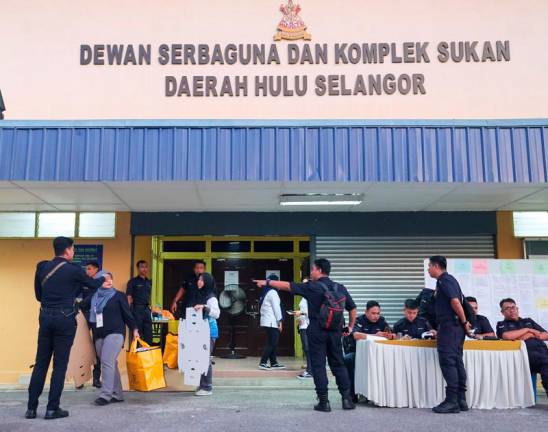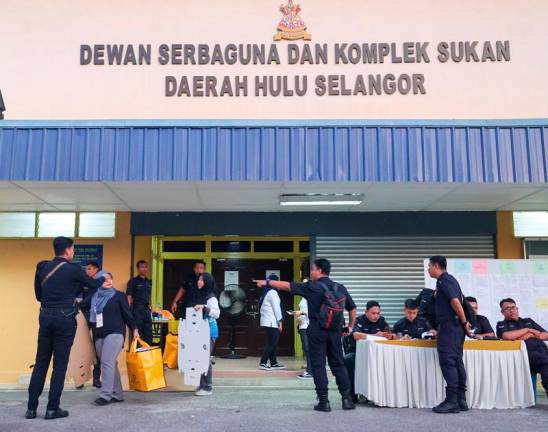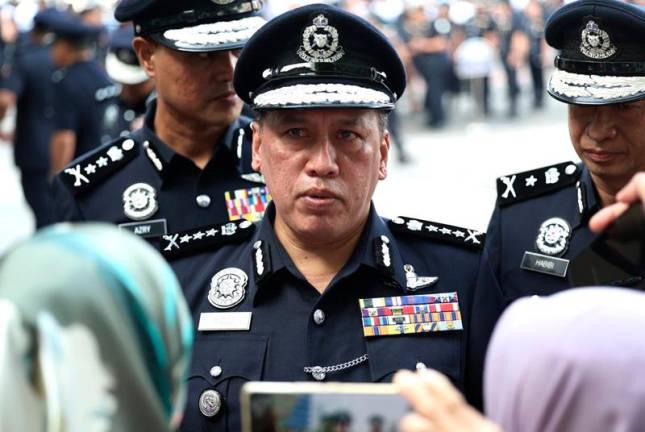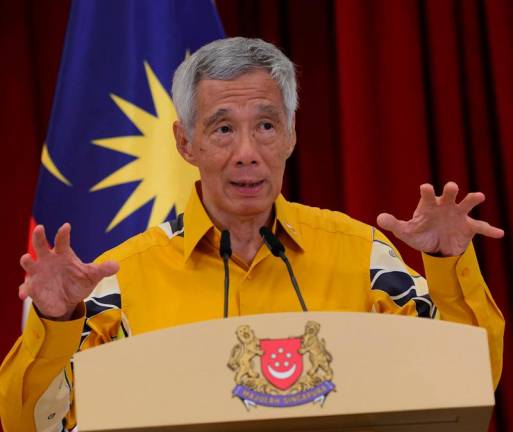WHEN will Covid-19 end, many are asking. The short answer is, when we find a vaccine and administer it to 80-95% of human beings. This will be mid-2021 at the earliest.
Malaysia needs an ultra-long-term strategy that takes us till 2021. A predictable strategy is good for businesses to plan and citizens to adapt psychologically.
It’s likely Malaysia will see more waves of infections. Malaysia cannot yo-yo between high and low levels of restrictions. We need a smoother, less disruptive set of continuous low-level restrictions.
A predictable strategy will allow Malaysia to re-focus on nation-building. It allows us to allocate energy and attention to the political situation and make urgent repairs to the social safety net. It will give us breathing room to lay the foundation for health reforms to begin, so that we can strengthen the health service.
An ultra-long-term strategy will improve the quality of decisions. Depoliticised decision-making criteria and scheduled decision timepoints mean that we eliminate useless or dangerous politics.
Decisions to re-impose MCO must be taken based on independent public health criteria.
What does this strategy look like? There’s no magic solution, and the puzzle has many pieces. The first three pieces are scheduled decision-making timepoints, using epidemiological criteria to decide the level of restrictions, and deciding based on districts, not states.
It could look like this: Decisions on which economic sectors to re-open or re-close in which districts are made every other Monday, using Health Ministry epidemiological data like “last 14 days moving total of new cases in that district”.
Decisions are made using criteria that the public has received from the ministry daily for the last three months. That strategy can be flexible when it comes to emergency decisions to reimpose MCO or impose EMCO.
This means if there is a new wave of infections and we need to reimpose MCO, the decision timepoints and criteria are already in place so there’s no need to politicise the decision or waste energy criticising the timing or criteria.
Using “districts” as the implementation unit is good. Malaysians are used to seeing district-based maps from Health Ministry briefings. Using districts sidesteps the politics of federal-state relationships.
Because it’s smaller and more targeted, any increased restrictions for one district will be less disruptive than restricting a state or country with a one-size-fits-all MCO. By using apps like MySejahtera or MyTrace, a district-based lockdown can be effectively monitored.
The social sector, the educational sector and other sectors should reopen in phases.
These suggestions are interdependent and must be implemented together.
We need a predictable long-term strategy. It will give us some rest, allow a refocus on other equally important priorities, and depoliticises decision-making.
Dr Khor Swee Kheng
Oxford










